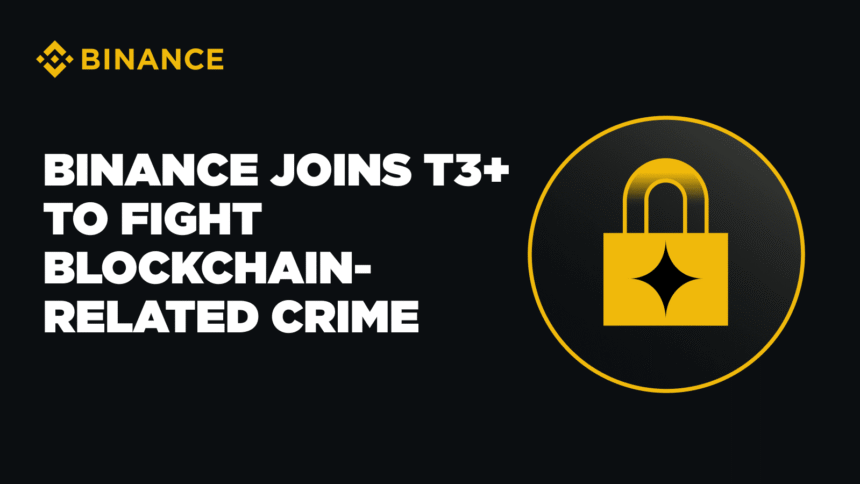A joint financial crime unit formed by Tron, Tether, and TRM Labs has frozen over $250 million in illicit cryptocurrency assets since its launch in September 2024, marking a significant escalation in the fight against blockchain-based crime. The T3 Financial Crime Unit (T3 FCU) announced the milestone alongside the launch of its T3+ program, with Binance joining as its first member to enhance real-time intelligence sharing and threat response across the crypto industry. The $250 million in seized assets, more than double the $100 million reported in January 2025, reflects the unit’s growing impact. Collaborating with global law enforcement, T3 FCU has tackled cases involving money laundering, investment fraud, blackmail, terrorism financing, and other financial crimes. The new T3+ program aims to broaden this effort by enlisting exchanges, financial institutions, and other industry players to counter threats more effectively.
Crypto Hacks Surge in Speed and Scale
The announcement comes amid a sharp rise in sophisticated crypto attacks. A 2025 report from Swiss blockchain analytics firm Global Ledger revealed that over $3 billion in cryptocurrency was stolen in the first half of the year. Hackers are moving faster, with some laundering funds in under three minutes and over 30% completing the process within 24 hours. On average, stolen assets are laundered within 15 hours, often before breaches are even reported, resulting in a mere 4.2% recovery rate. The report also highlighted that 15% of illicit crypto flows through centralized exchanges, where compliance teams have just 10 to 15 minutes to intercept suspicious transactions. Many attacks are linked to state-sponsored groups, cybercrime syndicates, and cross-border fraud networks, complicating enforcement. A recent alleged breach of a North Korean cyber-espionage operation exposed tactics used to target global crypto platforms, underscoring the growing role of nation-state actors in crypto crime.
Stablecoin Freezes Spark Debate
While T3 FCU’s efforts, now bolstered by Binance, signal stronger defenses against crypto crime, the ability of stablecoin issuers like Tether to freeze funds remains contentious. Last month, Tether halted nearly $86,000 in stolen USDt, reigniting discussions about centralized control in a space founded on decentralization. Critics argue that such powers undermine user sovereignty, while supporters, including Tether CEO Paolo Ardoino, insist they are essential for security. “Bad actors have nowhere to hide on the blockchain,” Ardoino said, emphasizing the need for collective action to create a safer crypto ecosystem. Tron founder Justin Sun echoed this sentiment, stating that the T3+ program will “expand collaboration across the blockchain industry to better address illicit activity in real time.” As crypto crimes grow more complex, the balance between security and decentralization remains a critical point of debate.



















